6
Nov
2023
How to Prepare for a Telephone Consultation
Before we start, I want to acknowledge the courage it takes to do this. In my therapy work, I talk a lot about courage, and how much courage it takes to prioritise what matters most.
So well done for being brave and making that first step.
You have done the hard bit of looking for a therapist and finding someone you feel is a match. So now it’s time to start planning your therapy journey.
Here are some suggestions to help you get ready for your telephone consultation.
1. Decide The Best Time For The Call
Choose a time where you have the space and quiet you need for the phone call. If you have another commitment straight after, the call could carry twice the amount of anxiety.
Ideally, you want a bit of time beforehand to prepare for the phone call. It can also help to have a bit of time afterwards to write notes and follow up on what has been agreed.
2. Choose Where You’ll Take the Call Carefully
Think about where the phone call will take place. Being around others can mean being overheard. Being in public or outside can cause a lot of background noise which can make it hard for you and the therapist to hear each other.
A quiet indoor room on your own, with a good signal, is the best way to have a positive telephone consultation experience.
3. A Telephone Consultation is Not A Therapy Session
While you will be on the phone with a therapist, it is important to remember that a 15-minute consultation is not the same as a therapy session.
Have realistic expectations of your telephone consultation and use it as a chance to ask questions about how the therapist can best support you. Use the call to explain why you are looking for therapy, and to clarify what you need to know more about.
A good question to ask is how the therapist you want to work with has supported other clients with similar experiences to yours. That way you can see if their way of working is what you’re looking for.
Another important question to ask is how the therapist plans to measure if the sessions are supporting your goals and wellbeing. This way you can make sure that your growth and development are at the centre of the therapeutic work.
These and other strong questions give you the chance to understand how the therapy sessions can be structured and tailored for you before attending your first session.
4. Plan What You Need to Say Beforehand
You are not expected to go in-depth or discuss distressing content during your telephone consultation. Exploring experiences more deeply should take place in a full therapeutic hour. This is so that your experiences can be explored with the time and supportive environment they deserve.
It can be helpful to make some notes beforehand around what you are seeking therapy for. Summarising the key reasons why you are seeking therapy is the best way to get the most out of the telephone consultation.
Here are some questions to reflect on, if you don’t know where to start:
- What do I need the most help with right now?
- What have I already tried to support myself?
- What has been helpful in previous therapy I’ve had?
- What was unhelpful in previous therapy I’ve had?
- How do I think therapy can help me now?
5. Take Notes During or Afterwards
Once you have spoken with the therapist, make some notes on the key points you need to remember, such as suggestions, resources or the dates and times for follow-up sessions.
And pat yourself on the back for getting one step closer to starting your therapy journey.
By Simone Taylor-Lewis
- Image by Mike Meyers from Unsplash
- Image by Walling from Unsplash
- Image by Abdullah Omar from Unsplash
- Image by Javier Balseiro from Unsplash




We need your consent to load the translations
We use a third-party service to translate the website content that may collect data about your activity. Please review the details in the privacy policy and accept the service to view the translations.

